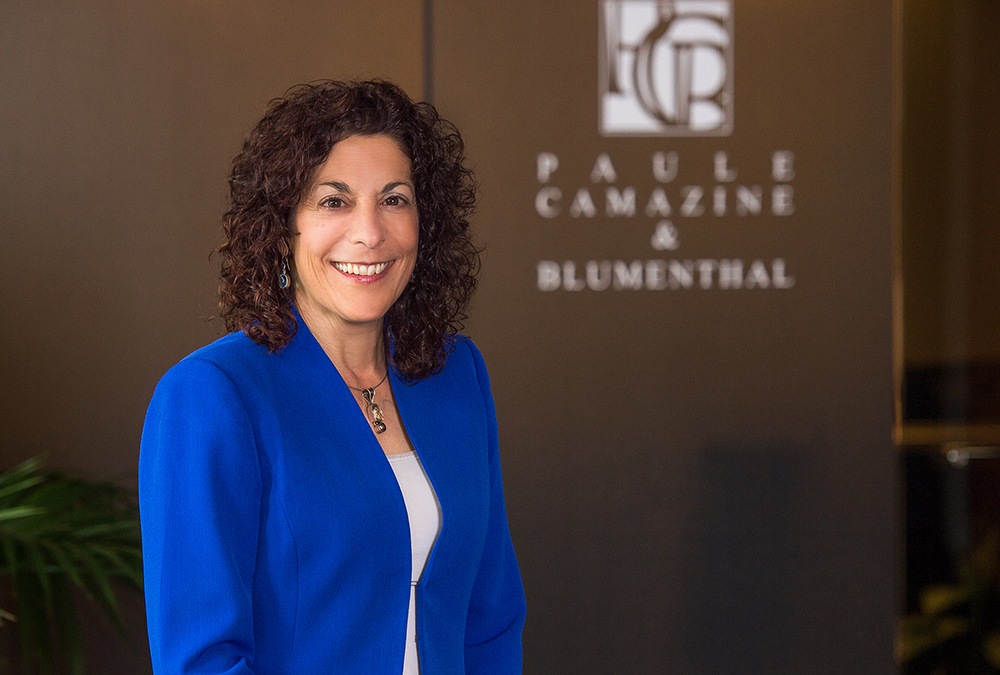
In a recent column in the New York Times, physician-author Danielle Ofri described an incident in which she and another doctor were examining a patient with Alzheimer’s. “A fate worse than death,” the other doctor murmured. Dr. Ofri, too, felt uncomfortable.
She felt that there was something almost shameful in bearing witness to a fellow human being’s loss of self and the indignities that accompany that.
The patient had been a prestigious artist and intellectual and to see him with only a sliver of his former intellectual capacities was, Dr. Ofri wrote, “beyond heartrending.”
It’s also heartrending, however, to be in the presence of a person dying painfully from cancer or of a person who has had a severe stroke that leaves the person immobilized. These diseases, too, are accompanied by indignities, for instance, the inability to take care of one’s own personal hygiene and basic bodily functions. These other diseases, however, do not create “shame”. Alzheimer’s does. Why?
Dr. Ofri writes;
“I was embarrassed for him, for how embarrassed he would likely be, if his former self could see his current self. That his current self lacked the capacity to be aware of his state offered little comfort.”
Closing in on her 80th birthday, my mother began to show obvious signs of dementia. It started as a test of patience, hearing the same stories over and over again. By the time she turned 85, she had late stage Alzheimer’s. She had a colostomy, wore diapers and only on rare occasions did she know I was her daughter.
Dr. Ofri mentions, as the disease progresses, Alzheimer’s patients become incapable of feeling embarrassed. So it’s entirely possible that at no point in the course of the disease will the person feel embarrassment.
My mother did not have the capacity to be embarrassed by her disease. I was not embarrassed for her. However on many occasions, we experienced the pitiful looks and sometimes offensive comments of those who obviously were.
My mother was silly and happy in her Alzheimer’s world. She was always happy to have company even though she didn’t know who we were. She loved having parties so we made up occasions and included anyone who wanted to join us. She stayed sarcastic until she drew her last breath. She loved her stuffed dog who in her mind, was very much alive. Alzheimer’s transformed my mother into a person who she would have never wanted to become but she was still a person none the less. She still found joy in life and she was still dearly loved.
Perhaps Alzheimer’s is not a fate worse than death.
What would happen if we began to realize that when we get embarrassed or feel ashamed in the presence of a person with dementia we instead consider the fact that they are living with a disease as well as their affected brain will let them? It’s quite possible that the embarrassment one feels should be turned inward.
We all may be better served if we would stop having such high expectations of one another and allow ourselves to relate more naturally to another person’s cognitive impairment without judgment and without anticipating what that person may be feeling.
Appreciating merely being able to be present with them and the quiet joy and calm of being together without necessarily needing to “do” anything with them can give us greater peace. It can also give us the ability to accept our loved ones with dementia and ourselves as they and we are.
Written by Debra K. Schuster, Attorney at Law, with the St. Louis law firm of Paule, Camazine & Blumenthal, P.C. Attorney Schuster and her firm are Featured on ElderCareMatters.com – America’s National Directory of Elder Care / Senior Care Resources to help families plan for and deal with the issues of Aging.


